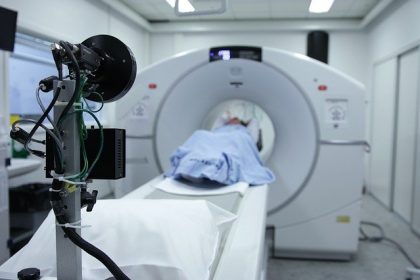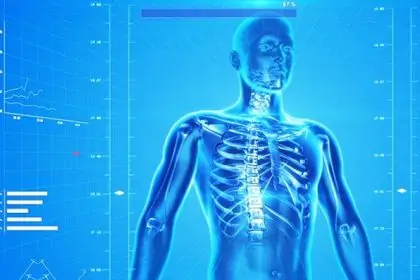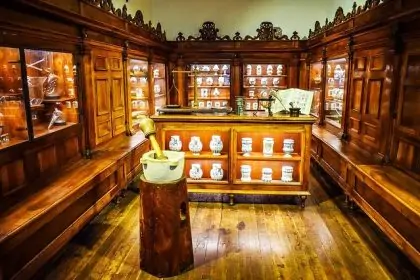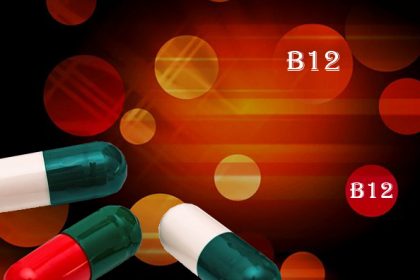It is not only with the new trend towards digitalisation, also in the field of medical technology, that proceedings concerning hardware and software for medical technology and the question of CE certification for medical devices come before the courts. The ECJ and the German BGH ruled on this issue already 2013.
Classification as a medical device
Whether a product requires classification as a medical device is repeatedly both a strategic decision in medical technology and a point of contention in court. In 2013, a case for the medical technology sector concerned the use of hardware and software for medical technology and the question of CE certification for medical devices.
Specifically, the case concerned the distribution of the “ActiveTwo” system, which measured and recorded bioelectrical data. The owner of this system, a company under Dutch law, advertised the system in Germany. A manufacturer of hardware and software for medical technology brought an action against this. The plaintiff claimed that the advertising was misleading because the defendant’s system did not have CE certification for medical devices either in the Netherlands or in Germany. The plaintiff argued that all the characteristics of § 3 no. 1 lit. c MPG for a medical device were fulfilled, therefore CE certification was mandatory.
The defendant rejected the accusation and pointed out that the competent Dutch health authority was of the opinion that the defendant did not need to have its system certified, ergo distribution in Germany was not restricted by German competition law.
According to the relevant provision of the defendant as the manufacturer, the “ActiveTwo” system did not have any purpose required for its classification as a medical device. The fact that this system could be converted into a diagnostic device did not lead to its classification as a medical device.
ECJ decision “Brain Products”
Ultimately, this court dispute led to a referral question to the highest European court (ECJ), which in November 2012 in its decision “Brain Products” (C-219/11) made an important ruling for medical devices: according to this, an object designed by its manufacturer for use by humans for the purpose of investigating a physiological process could only fall under the term “medical device” if the object is intended for a medical purpose (interpretation of Art. 1(2)(a) 3rd indent of Directive 93/42/EEC, since 2007 Directive 2007/47/EC).
BGH 2013: no medical device if medical purpose excluded
The BGH included this ECJ decision in its final ruling “Messgerät II” and decided the case against the plaintiff. If the use for a medical purpose is unambiguously excluded, it is basically not a medical device in the sense of § 3 No. 1 MPG (Medical Devices Act (MPG)), the BGH ruled.
The court explained that as long as the intended purpose is unambiguous according to the understanding of the addressed public and does not appear arbitrary, i.e. in particular, a non-medical use of the product is readily conceivable, the manufacturer may accordingly limit the scope of application of a product, which could in itself serve both medical and non-medical purposes, to the non-medical area.
The BGH added that the appellant had rightly pointed to the Court of Appeal’s finding that the “ActiveTwo” system as such was not objectively suitable for diagnostic or therapeutic purposes. For a diagnostic use, it would at least be necessary, the court concluded, for a purchaser with a corresponding technical understanding to install a conversion programme and additionally use third-party diagnostic programmes.
Medical device – a term in focus
In the field of medical technology and medical devices, there are decisive differences between the German Medical Devices Act (Medizinproduktegesetz, (MPG)) and Trademark Act – because for a medical device in trademark law (unlike in the Medical Devices Act and, incidentally, also unlike in patent law) medical purpose is not decisive.
It should also be noted that since 2017, the term “medical device” has been used in the EU regulations as a term for products under both Regulation (EU) 2017/745 (MDR) and Regulation (EU) 2017/746 (IVDR). In particular, Annex XVI of the MDR represents a list of product groups that are placed under medical device law even without a medical purpose, especially from the overarching area of “aesthetics”. When they are used – in accordance with their intended purpose – no risk or no risk higher than the maximum permissible risk may arise during use. In addition, the products listed in Annex XVI without a medical purpose are also subject to the requirement to demonstrate a clinical benefit, just as “classic” medical devices.
Do you need any advice on IP protection?
Our patent and law firm has many years of expertise in the protection of patents and trademarks, especially in the field of pharmaceuticals and medical devices, both nationally and internationally.
If you are interested, please contact us.

Sources:
BGH judgement “Messgerät II”, I ZR 53/09
Image:








Leave a Reply